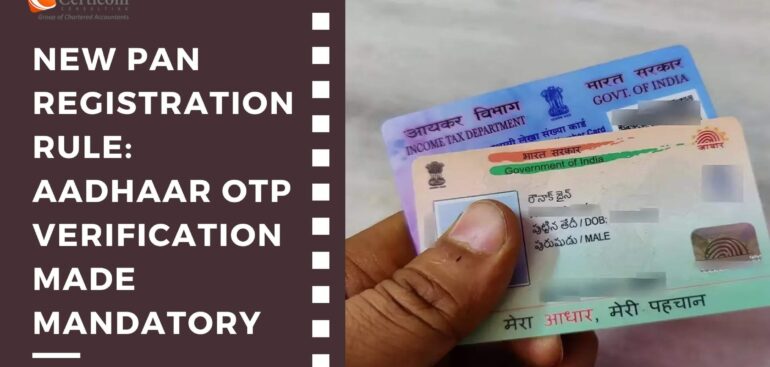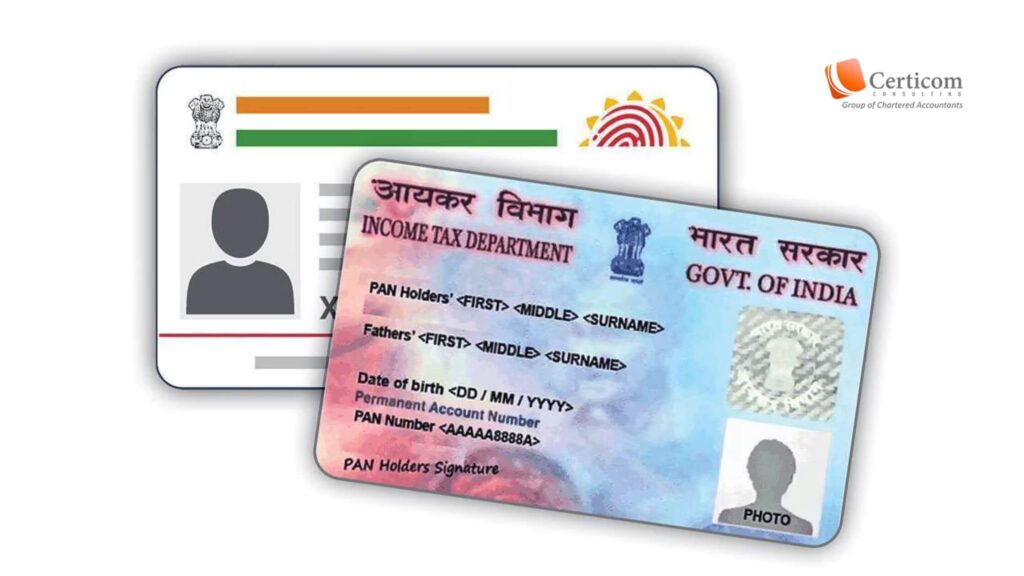Faking Tax Deductions? You Could Be Penalised Up To 200% Under Income Tax Rules

New ITR-1 and ITR-4 Mandate Detailed Proof for Claims to Curb False Deductions
Paying taxes accurately and on time isn’t just a legal obligation—it fuels public welfare and national development. To ensure compliance, the Income Tax Act prescribes strict penalties for those who evade taxes or provide misleading information in their Income Tax Returns (ITRs).
Recent developments underscore the seriousness of such violations. As per a PTI report citing government sources, nearly 90,000 salaried individuals—working across public and private sector companies—withdrew false deduction claims worth ₹1,070 crore as of December 31, 2024. These withdrawals followed scrutiny by the Income Tax Department, which uncovered widespread misuse of deduction provisions.
What Triggered the Crackdown?
The department discovered the discrepancies during search, seizure, and survey operations. Investigations revealed that many individuals had falsely claimed deductions under sections such as 80C, 80D, 80E, 80G, 80GGB, and 80GGC, thereby significantly lowering their tax liabilities.
Interestingly, a significant portion of these false claims were filed by individuals working within the same organisations—ranging from MNCs and LLPs to private limited companies and PSUs—suggesting possible collusion or shared misinformation.

ITR Forms Updated: Detailed Disclosure Now Mandatory
To combat such fraudulent practices, the Income Tax Department has revamped the ITR-1 and ITR-4 forms, requiring detailed disclosures for any deductions claimed. The updated forms demand the following:
Section 80C: Document IDs or policy numbers for instruments like PPF, ELSS, or life insurance.
Section 80D: Insurer’s name and policy number for health insurance claims.
Home/Education Loan Deductions: Lender details, loan account numbers, and sanction dates.
Section 80EEB (Electric Vehicles): Vehicle registration number must be provided.
These changes are designed to increase transparency and discourage manipulation in tax declarations. Taxpayers are now expected to maintain and report complete documentary evidence for any claim they make.
Heavy Penalties for Misreporting or Underreporting
Under Section 270A of the Income Tax Act (introduced via the Finance Act, 2016), authorities can impose stringent penalties for underreporting or misreporting income:
50% penalty of the tax payable for underreported income.
200% penalty in cases of misreporting, such as falsifying deduction claims.
The power to impose these penalties lies with the Assessing Officer (AO), Commissioner (Appeals), Principal Commissioner, or Commissioner.
With enhanced scrutiny and tighter reporting rules, the Income Tax Department has sent a clear message: dishonest tax practices will not go unpunished. Taxpayers must ensure accurate income disclosure and genuine deduction claims to avoid severe financial and legal repercussions.
As the updated ITR forms become the norm, it’s time to double-check documentation and consult tax professionals to stay compliant. False savings today can lead to costly penalties tomorrow.
Related Post
Faking Tax Deductions? You Could Be Penalised Up To 200% Under Income Tax Rules
Aadhaar OTP a Must for PAN Registration: New Income Tax Portal Rule
Income Tax Benefits for Senior Citizens: What You Can Claim in AY 2025-26
Book A One To One Consultation Now For FREE
How can we help? *










